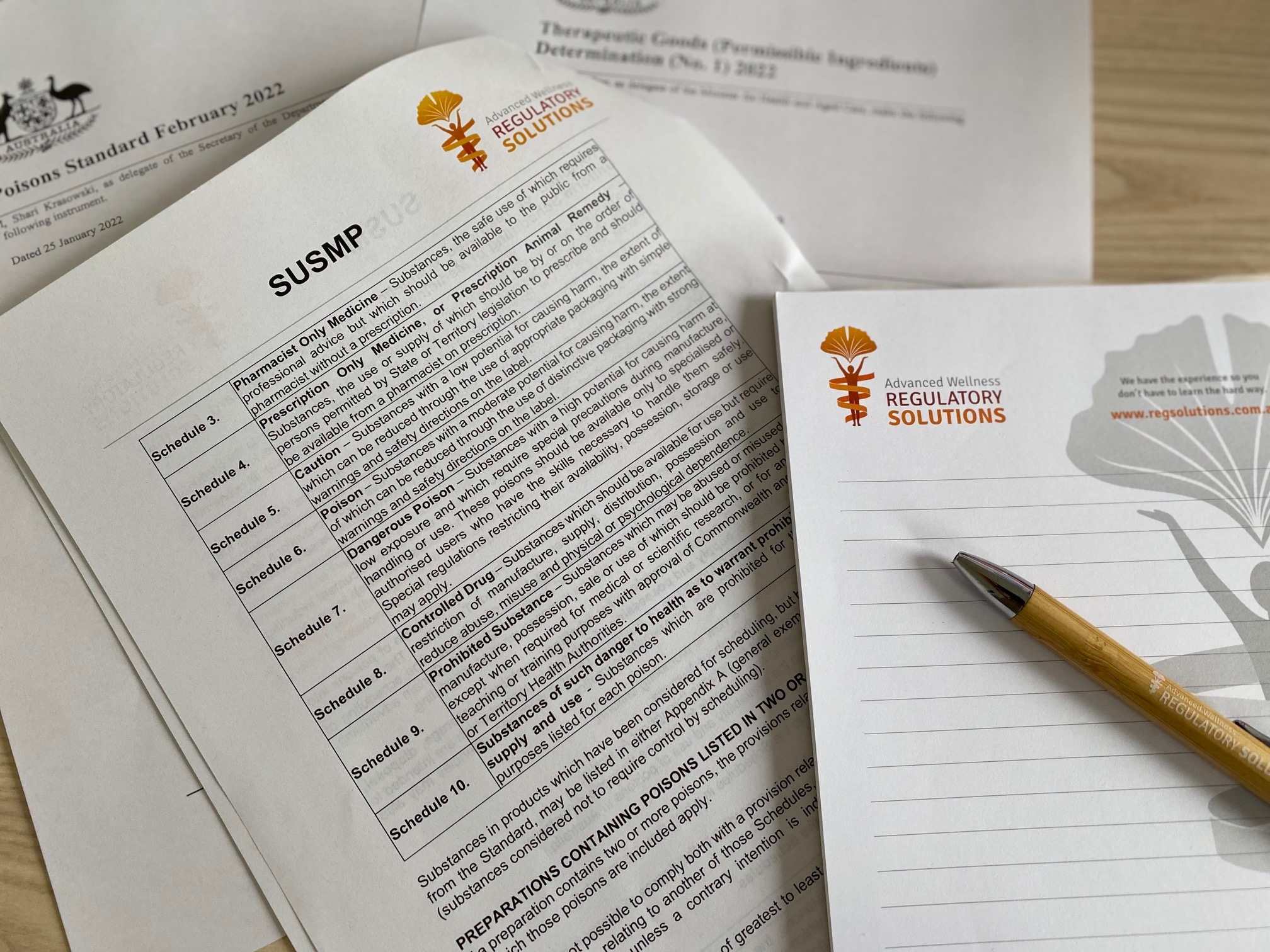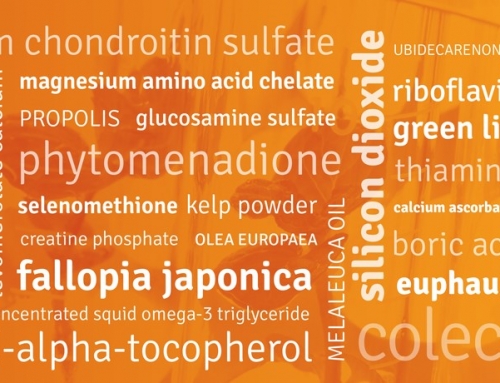Important information for sponsors of product containing Prunus and Malus species.
Amygdalin may be present in Prunus and Malus species which are included in many Traditional Chinese Medicines and also Western Herbal Medicines including Prunus cerasus (‘sour cherry’) and Prunus serotina (‘wild cherry bark’).
As low or trace amounts of amygdalin are generally not possible to exclude from affected herbs, this decision means that herbs containing amygdalin (in both ARTG listed medicines and in practitioner compounded medicines) are not permitted for supply for therapeutic use under legislation. This includes legislation that medicines cannot be listed or registered onto the ARTG if they contain substances in Schedule 10. States and Territories also have controls on Schedule 10 substances. Note that ‘supply’ includes sale or gift of and could be deemed an offence under federal TGA and/or state and territory legislation unless compliance with the Poisons Standard is demonstrable via an absence of amygdalin and compliance with hydrocyanic acid restriction of maximum 1 microgram per litre or kilogram.
While the outcome of the ACMS review does not change the current regulations it has highlighted the inclusion of these components in many herbs and could mean that the TGA may conduct targeted reviews on products that may have the potential to contain amygdalin and hydrocyanic acid. As such sponsors should be aware that in the event of a TGA post market investigation, if amygdalin is found in products it is likely to be deemed a safety issue and could lead to recall and product cancellations amongst other actions.
Sponsors should consider if any of their products include affected herbs and make appropriate investigations and take action if required.
The Permissible Ingredients Determination (the Determination) provides that amygdalin and hydrocyanic acid are mandatory components for a number of ingredients including Prunus spp. and Malus spp. and requires:
– The concentration of amygdalin in the medicine must be 0%.
– The concentration of hydrocyanic acid in the medicine must be no more than 1 microgram/kg or 1 microgram/L or 0.0000001%.
POTENTIALLY AFFECTED PERMISSIBLE INGREDIENTS
Almond oil
Malus domestica
Malus sylvestris
Bitter almond oil Prunus dulcis var. amara
Eriobotrya japonica
Persic oil
Prunus africana
Prunus armeniaca
Prunus avium
Prunus cerasifera
Prunus cerasus
Prunus domestica
Prunus dulcis
Prunus humilis
Prunus japonica
Prunus laurocerasus
Prunus mume
Prunus persica
Prunus salicina
Prunus serotina
Prunus spinosa
For assistance with identifying affected products and required actions contact us.








